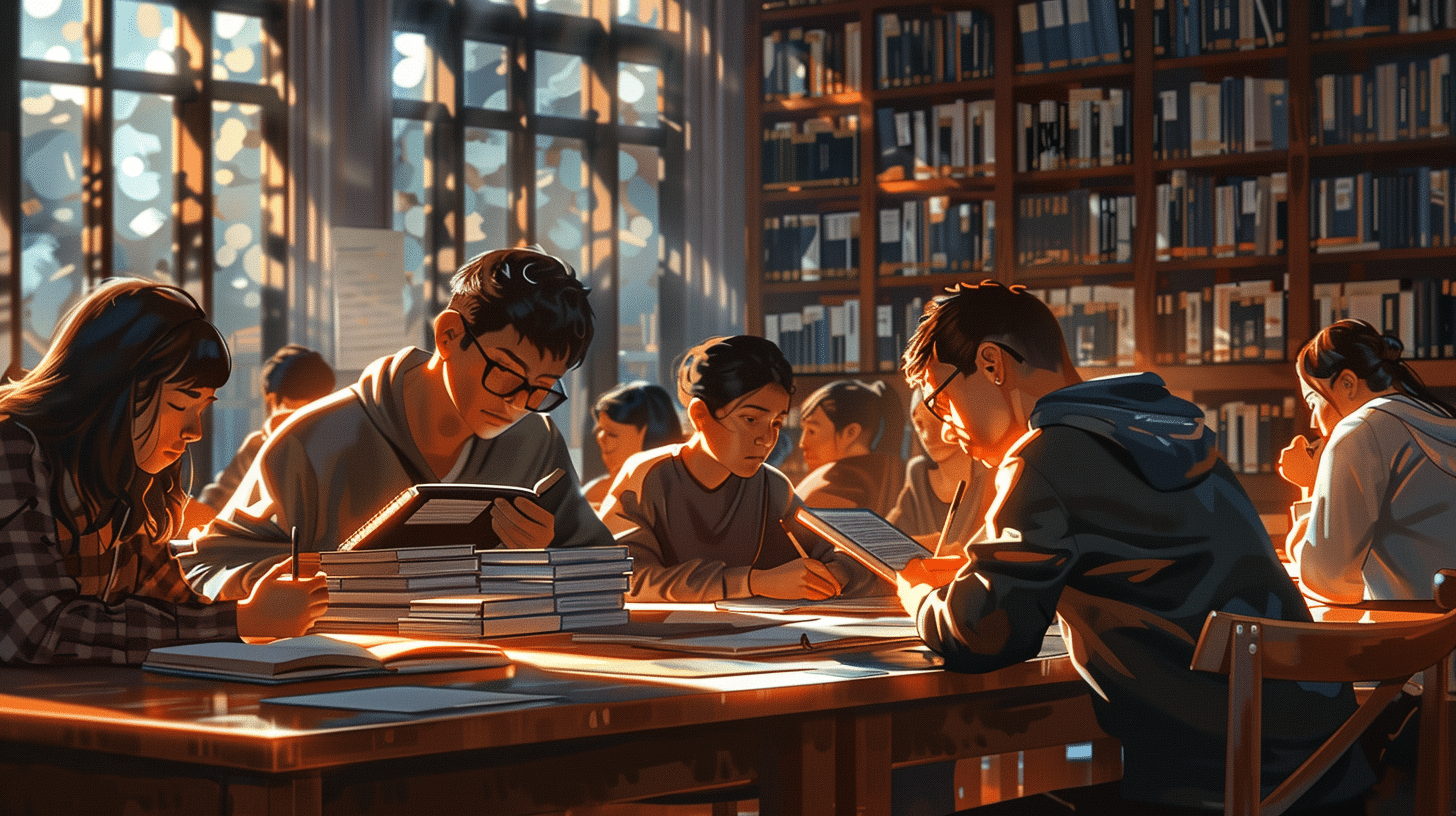Pick a language and start learning!
Using articles with adjectives Exercises in Galician language

Mastering the use of articles with adjectives in the Galician language can significantly enhance your fluency and comprehension. In Galician, as in many other languages, the placement and agreement of articles with adjectives play a crucial role in sentence structure and meaning. Understanding how to correctly use definite and indefinite articles with adjectives will not only improve your grammatical accuracy but also help you convey your thoughts more precisely. This section aims to provide you with a clear and comprehensive understanding of these rules through various exercises.
The Galician language, with its rich linguistic heritage and unique grammatical structures, offers a fascinating challenge when it comes to article usage. Articles in Galician, much like in English, must agree in gender and number with the nouns they modify. However, the introduction of adjectives into the mix can sometimes complicate matters. By practicing these exercises, you will learn how to navigate these complexities, ensuring that your sentences are both grammatically correct and stylistically elegant. Dive into the exercises below to start mastering the nuances of using articles with adjectives in Galician.
Exercise 1
<p>1. Eliximos *a* mellor opción (definite article for feminine singular noun).</p>
<p>2. Quero *un* coche vermello (indefinite article for masculine singular noun).</p>
<p>3. Compramos *as* flores amarelas (definite article for feminine plural noun).</p>
<p>4. Vimos *os* nenos felices (definite article for masculine plural noun).</p>
<p>5. Necesito *unha* chaqueta nova (indefinite article for feminine singular noun).</p>
<p>6. Trouxeron *os* libros interesantes (definite article for masculine plural noun).</p>
<p>7. Beberon *un* viño excelente (indefinite article for masculine singular noun).</p>
<p>8. Contemplamos *a* paisaxe fermosa (definite article for feminine singular noun).</p>
<p>9. Comprou *unha* casa moderna (indefinite article for feminine singular noun).</p>
<p>10. Gozaron *dos* días soleados (contracted form of "de os" for masculine plural noun).</p>
Exercise 2
<p>1. *O* coche de Manuel é moi rápido (definite article for "coche").</p>
<p>2. Marta ten *unha* casa fermosa na aldea (indefinite article for "casa").</p>
<p>3. *As* flores no xardín están moi bonitas (definite article for plural "flores").</p>
<p>4. Necesito comprar *uns* zapatos novos (indefinite article for plural "zapatos").</p>
<p>5. *A* árbore no parque é moi alta (definite article for "árbore").</p>
<p>6. Vimos *un* páxaro azul no ceo (indefinite article for "páxaro").</p>
<p>7. *Os* nenos están xogando no patio (definite article for plural "nenos").</p>
<p>8. María ten *un* can pequeno (indefinite article for "can").</p>
<p>9. *As* nubes no ceo parecen algodón (definite article for plural "nubes").</p>
<p>10. Necesito *unha* pluma para escribir (indefinite article for "pluma").</p>
Exercise 3
<p>1. *A* casa grande está ao final da rúa (definite article for singular feminine).</p>
<p>2. Vimos *os* coches vermellos pasar pola estrada (definite article for plural masculine).</p>
<p>3. *Un* neno pequeno estaba xogando no parque (indefinite article for singular masculine).</p>
<p>4. *As* árbores altas teñen moitas follas (definite article for plural feminine).</p>
<p>5. Necesito *unha* mochila nova para a escola (indefinite article for singular feminine).</p>
<p>6. *Os* libros interesantes están na biblioteca (definite article for plural masculine).</p>
<p>7. Vimos *un* gato negro na rúa (indefinite article for singular masculine).</p>
<p>8. *As* flores vermellas son moi bonitas (definite article for plural feminine).</p>
<p>9. *Unha* rapaza intelixente gañou o premio (indefinite article for singular feminine).</p>
<p>10. Compramos *uns* zapatos novos na tenda (indefinite article for plural masculine).</p>







